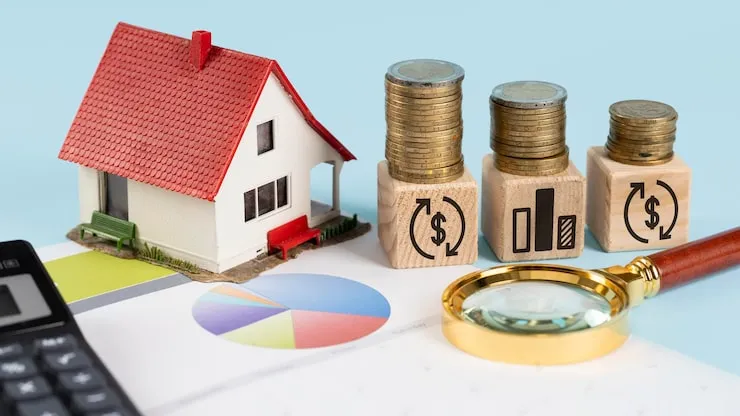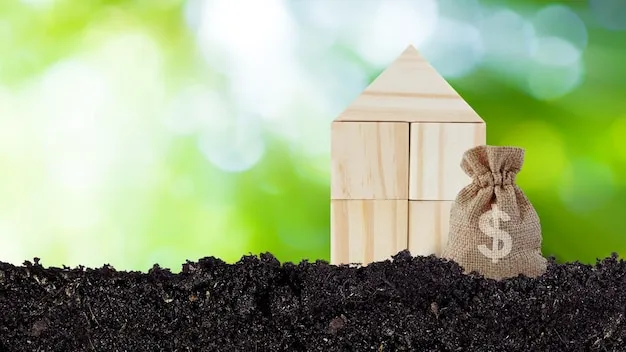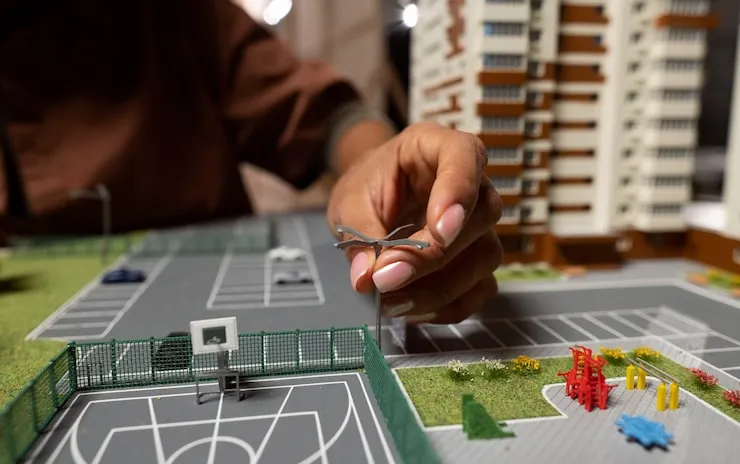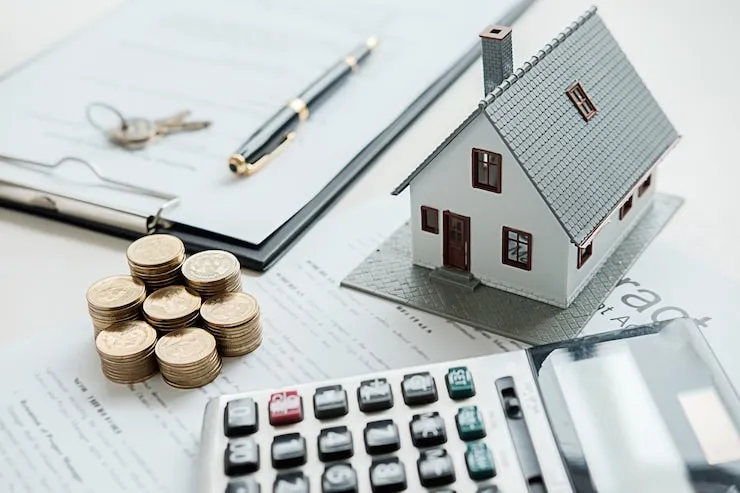An exciting place to start your real estate experience is by looking into this property investment for beginners! Although millions of investors use real estate investing as a tried-and-true strategy globally, it can be a little intimidating, particularly for Real Estate Investing Tips For Beginners.
Understanding Property Investment 2025 Guide

Beginner real estate investment comes in a variety of forms, and the one that suits you most will rely on your personality and risk tolerance. Investing in real estate should be viewed as a long-term investment in financial freedom and stability rather than a fast fix.
Read Also: Gurugram Property Investment Tips: Gurugram Real Estate Guide
Real Estate Investing Tips for Beginners
1. Understand the Basics Before You Begin
Learn the basics of real estate investing to get started. Your foundation is laid by understanding important ideas like cash flow, profitability, financing, and market cycles.
2. Define Your Strategy & What Works for You
Decide what type of real estate investment aligns with your goals, capital, and risk tolerance:
-
REITs (Real Estate Investment Trusts): Invest similarly to stocks that have great liquidity and minimal initial costs. Perfect for people who don't actively invest.
-
Crowdfunding platforms: To invest in private real estate ventures, combine funds with others. Greater potential gains come with greater risk and reduced liquidity.
-
Rental properties: Buy and hold for rental income and potential appreciation. Requires active involvement and financial planning.
Advertisement -
BRRRR (Buy, Rehab, Rent, Refinance, Repeat): A strategic model that maximizes capital efficiency by recycling proceeds.
3. Do Deep Local Market Research
Understanding local patterns, such as pricing histories, school rankings, taxation, infrastructural advancements, and zoning regulations, is the first step towards making successful investments. Choose new communities with room to expand and steer clear of impulsive or overhyped acquisitions.
4. Have Solid Financial Planning in Place
Before purchasing, ensure your finances are in order:
-
Build an emergency fund (ideally six months' expenses).
-
Get pre-approved for loans to move quickly when you find the right property.
-
Understand tax benefits like depreciation, mortgage interest deductions, and capital gains exclusions (e.g., Section 121).
5. Consider “House Hacking” to Ease the Burden
Turn a portion of your home residence into a source of revenue by renting out rooms or an apartment to help pay down your mortgage. This is a great way to start investing in real estate at a cheap cost.
6. Start Small and Think Long-Term
Start with properties that are manageable, like a single room, condo, or rental property. Spend some time learning the ins and outs of tenant management, upkeep, and market research. Recall that real estate is a long-term endeavor. Patience and perseverance pay off; quick profits are uncommon.
7. Build a Network and Leverage Knowledge
Engage with investor groups, local meetups, or clubs to gain experience through others. You can learn insider strategies, gain mentors, and even co-invest.
8. Mind the Risks—Diversify and Stay Cautious
Start with properties that are manageable, like a single room, condo, or rental property. Spend some time learning the ins and outs of tenant management, upkeep, and market research. Recall that real estate is a long-term endeavor. Patience and perseverance pay off; quick profits are uncommon.
You May Also Like: Immovable Property Return: A Complete Guide
9. Evaluate Passive Real Estate Options
If active management isn’t your strength, explore hands-off approaches:
-
REITs – liquid and easy to access.
-
Crowdfunding & Syndications – provide exposure to large deals with limited capital but require patience.
10. Track Performance and Refine Your Strategy

Once you’ve invested, monitor:
-
Rental yields vs. Real estate investment groups.
-
Vacancy rates and tenant quality.
-
Property appreciation and local market changes.
Refine your approach as you learn—over time, you may scale or "Real Estate Investing Tips For Beginners 2025".
Quick Reference Table
| Tip | Why It Matters |
|---|---|
| Learn the basics | Establishes a strong, informed foundation |
| Define your strategy | Aligns your investments with your goals and capabilities |
| Research the local market | Reduces risk and ensures better purchasing decisions |
| Prepare financially | Avoids crisis and improves negotiation power |
| Use house hacking | Minimizes entry cost and offers cash flow |
| Start small | Lowers stakes while providing real experience |
| Build your network | Accelerates learning and access to opportunities |
| Be cautious | Protects against economic and market volatility |
| Explore passive investments | Offers flexibility and ease for hands-off investors |
| Monitor & adapt | Continual improvement leads to long-term success |
Read Also: How Much Does a Real Estate Attorney Cost?
FAQs
What is the best way to start investing in real estate?
Becoming a homeowner is the best method to begin investing in real estate. You can continue investing in real estate by buying a rental property, flipping homes, or investing in REITs after you have made a sizable down payment and paid off your home as soon as possible.
What is the most profitable real estate investment?
- Commercial Real Estate.
- Fix and Flip Properties.
- Short-Term Vacation Rentals.
- Real Estate Investment Trusts (REITs)
- Research Market Trends.
- Analyze Property Types.
- Evaluate Cash Flow Potential.
- Consider Long-Term Appreciation.
- What type of land is most profitable?
Purchasing raw land is a risky investment that might not provide a profit for centuries. Current or proposed residential and commercial development assets, agricultural and livestock-raising land, vineyards and orchards, mineral production property, and recreational land are all examples of investable land alternatives.
How to increase the value of a plot?
Infrastructure Development: Plots next to well-kept roads and highways are typically more expensive. The value is additionally raised by convenient access to major sites, train stations, and passive real estate investing.













